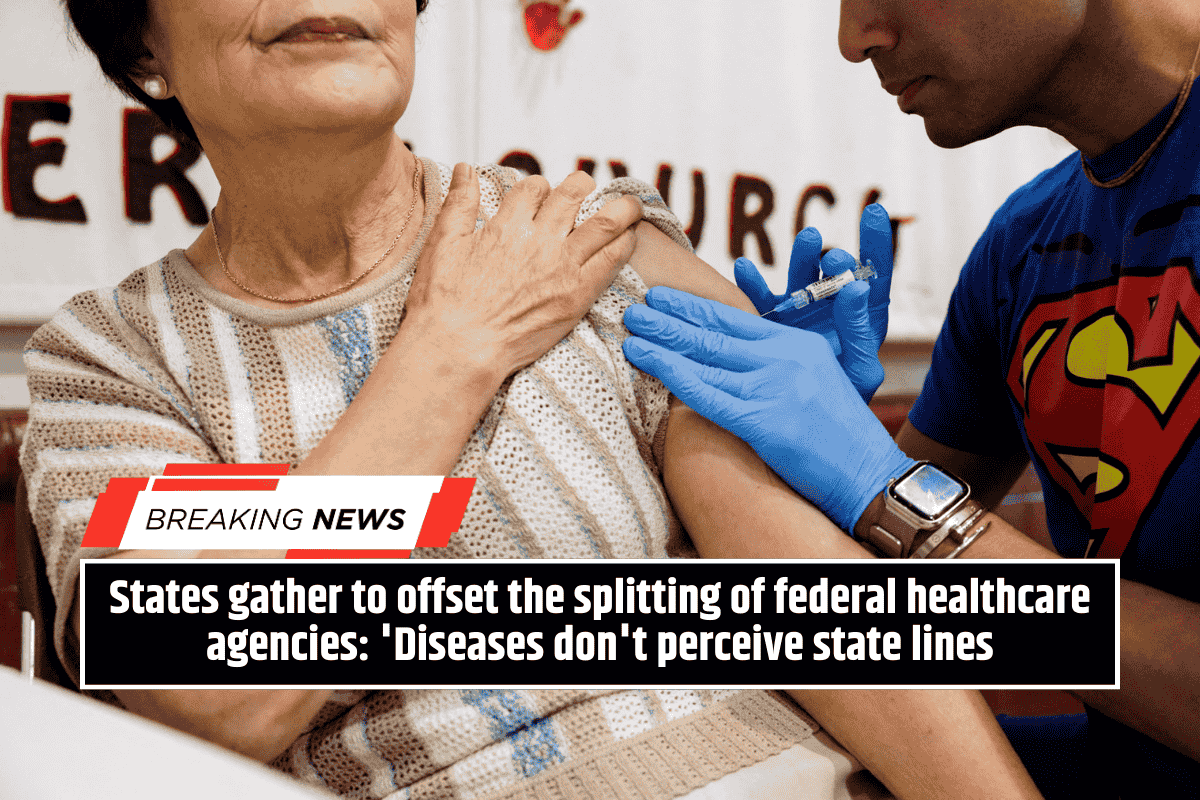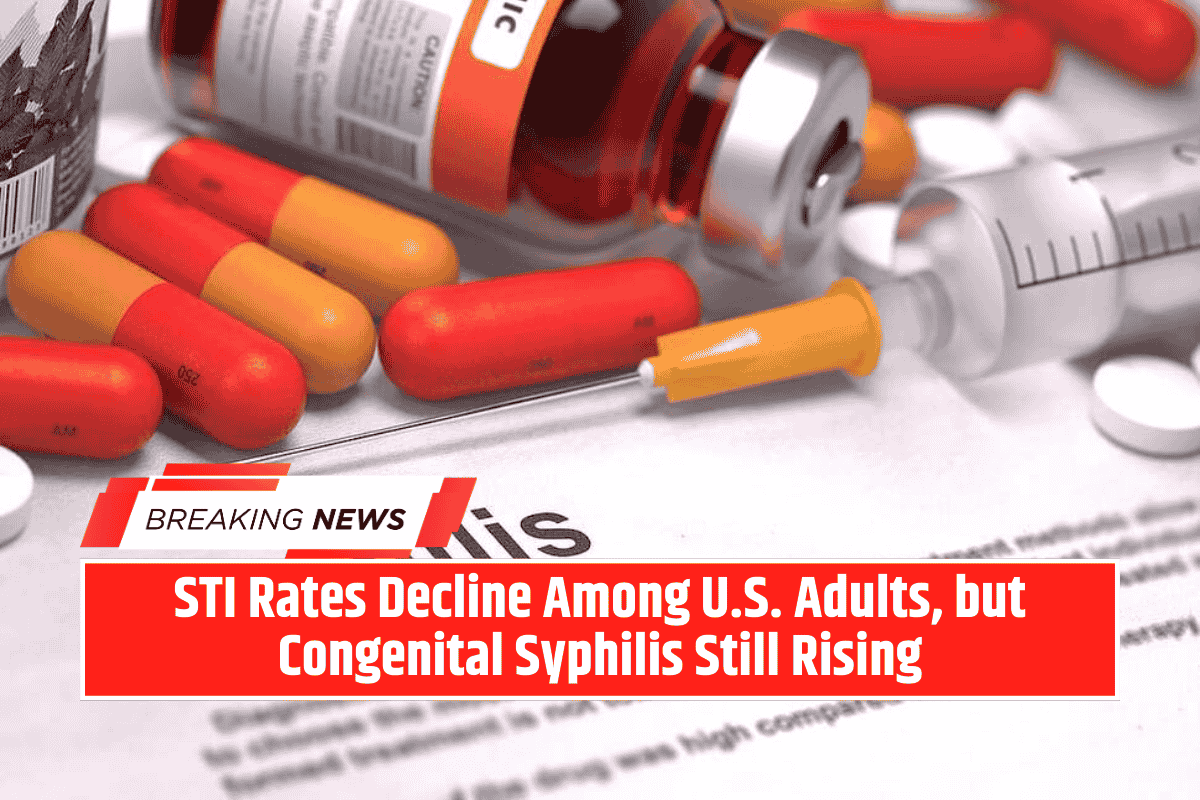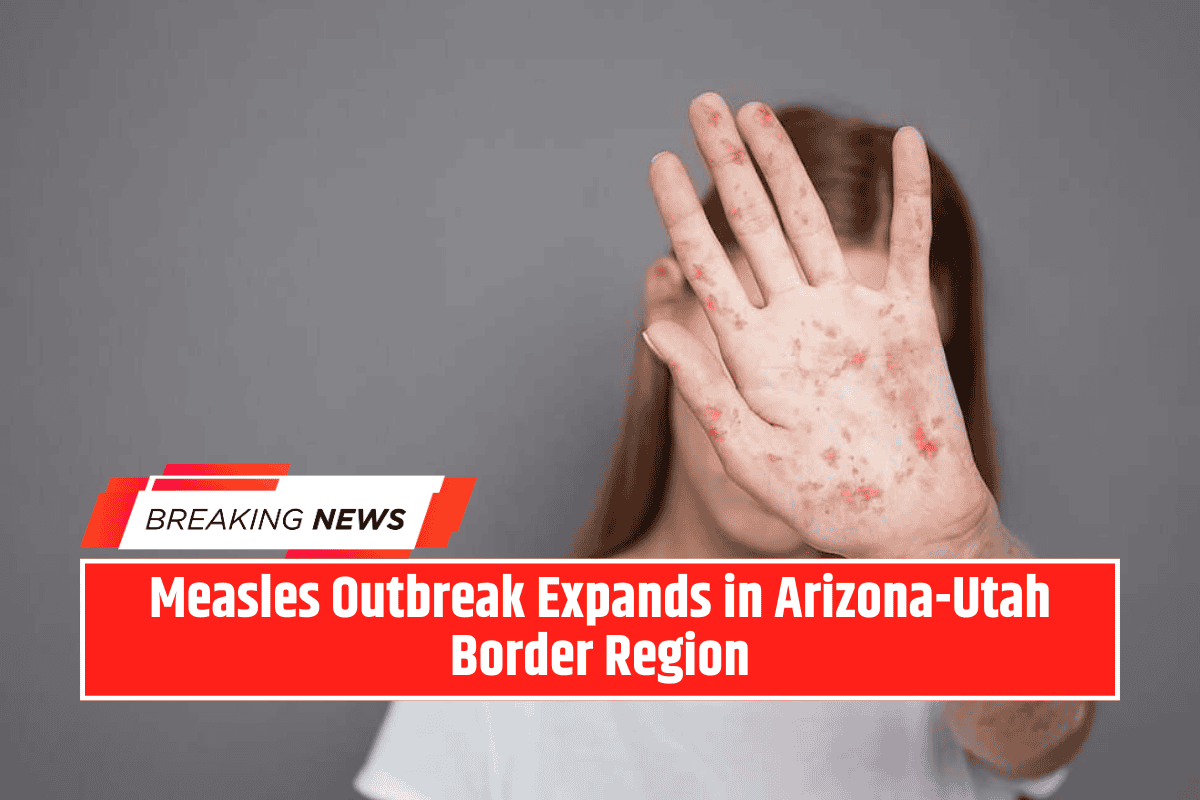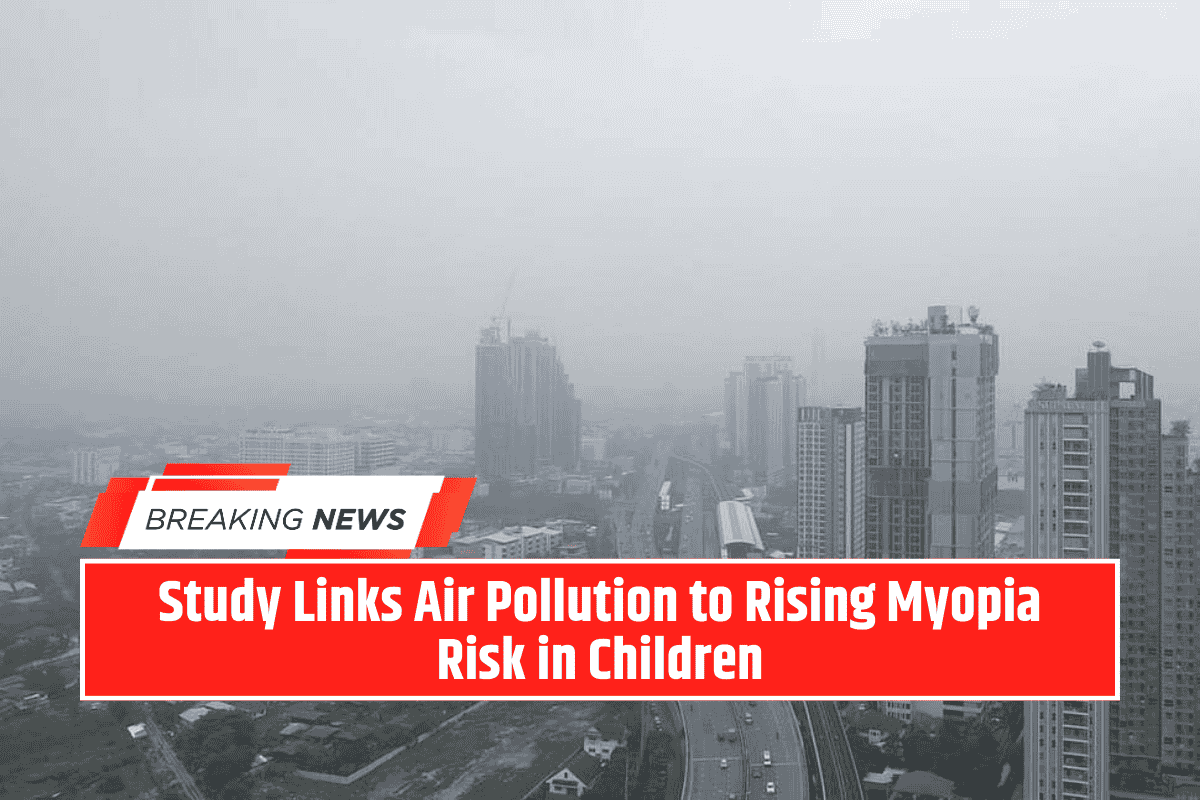This week, seven U.S. states and the nation’s largest city announced the formation of the Northeast Public Health Collaborative. This new alliance aims to strengthen health guidance in the region amidst the growing fragmentation of national health policies, particularly concerning vaccine recommendations.
Northeast Public Health Collaborative Joins Forces
The Northeast Public Health Collaborative, comprising Connecticut, Maryland, Maine, Massachusetts, New Jersey, New York State, New York City, Pennsylvania, and Rhode Island, was formed to address public health challenges in a time of increasing uncertainty in national health guidance. Maryland joined the collaboration on Friday.
The alliance comes at a time when national health agencies, such as the CDC, are revisiting key recommendations, including those for updated Covid shots and the MMRV (measles, mumps, rubella, and varicella) vaccine.
As federal guidance evolves, states are increasingly tasked with navigating the shifting landscape and making critical health decisions locally.
Growing Variability in Vaccine Policies Across States
Katelyn Jetelina, an epidemiologist and former senior adviser at the CDC, noted the rising concern that the U.S. may experience considerable state-level variability in vaccine policy, similar to the inconsistencies seen in the abortion debate.
Previously, access to vaccines was consistent nationwide, but the changing regulatory environment now means that where you live could influence vaccine access and policies.
Jen Kates, senior vice president at the health non-profit KFF, highlighted the impact of this growing divide, especially for marginalized groups.
“It didn’t matter where you lived,” Kates said, but now it does. With Covid shots already restricted in some areas, other vaccine policies, such as the MMRV vaccine restrictions proposed recently, are expected to follow suit.
Collaboration Between States and Regional Health Alliances
The formation of regional alliances like the Northeast Public Health Collaborative and the West Coast Health Alliance, which includes Oregon, Washington, California, and Hawaii, underscores the importance of states working together.
The West Coast alliance, for example, issued their winter vaccine recommendations earlier this week, urging residents to stay up to date on vaccines for Covid, flu, and RSV.
These alliances allow states to share resources, review scientific evidence, and coordinate actions such as vaccine purchasing and emergency preparedness.
By banding together, states can also reduce the potential chaos caused by inconsistent federal guidelines and ensure a more unified approach to public health in their regions.
States Begin to Decouple from Federal Recommendations
The pressure on states to navigate shifting federal vaccine guidance has prompted some states to change their policies independently.
Several states, including those in the Northeast Collaborative, have already moved to allow pharmacists to administer Covid vaccines without prescriptions, while others have required insurers to cover the vaccines.
As Kates noted, “It’s a pretty dramatic thing. It’s happened very quickly,” as states adjust their policies in real time. These changes reflect growing concerns about delays in federal recommendations and the desire for state-level flexibility.
States are increasingly exploring ways to offer vaccines beyond the federal mandates and to manage vaccine-related policies independently.
The Impact of Vaccine Policy Changes
The shifting vaccine policies are expected to have significant effects, particularly for vulnerable populations. In states like Florida, where the state’s surgeon general has promised to end school vaccine mandates, access to vaccines may be further restricted.
Other states, such as Idaho, Texas, and West Virginia, have attempted to relax vaccine mandates or expand non-medical exemptions, adding to the patchwork of policies that vary by region.
While some states may not change their laws but instead follow the evolving federal guidance, this still results in a fragmented approach that impacts vaccine availability and access across the country.
Disparities in Vaccine Access
The disparities in vaccine access are likely to worsen as policies diverge across states. Low-income individuals and those without strong connections to healthcare providers will face more barriers to obtaining vaccines. As Kates emphasized, those who already struggle with healthcare access will be disproportionately affected by the shifting landscape.
The Role of Medical Organizations and Insurance Plans
Medical organizations like the American Academy of Pediatrics (AAP) have broken with official CDC recommendations on certain vaccines, and health insurers are also adjusting their policies.
The health insurance trade association AHIP announced that members would continue to cover all ACIP-recommended immunizations as of September 1, 2025. However, not all insurers are members of AHIP, meaning coverage may vary.
As states take on a greater role in implementing vaccine recommendations, they may also work with medical organizations to clear obstacles and ensure greater access to vaccines for their populations.
Nationwide Implications and Public Trust
While states may have the authority to implement their own policies, the impact of one state’s decisions on vaccine access could reverberate across the nation.
As Jetelina pointed out, “Infectious diseases don’t see state lines,” meaning that what happens in one state will directly affect others, especially those unable to protect vulnerable populations.
Kates also stressed the potential for growing mistrust, noting that “the more obstacles that are put up, it’s going to deter everybody,” even for those who are eager to get vaccinated. The shifting policies are creating a complex and often confusing environment for those trying to stay informed about vaccine recommendations.
Public Support for Vaccination Remains High
Despite the shifting policies and the growing fragmentation in vaccine recommendations, public support for vaccination remains high across the U.S. Between 80% and 90% of Americans support vaccination, though political divisions are influencing views on mandates.
Even conservative parents in states like Florida continue to support vaccine mandates for school attendance, according to a recent KFF survey.
As vaccine policy continues to shift and evolve, it remains critical for states to balance public health needs with accessibility and equity, ensuring that all residents have the opportunity to receive life-saving vaccines.









